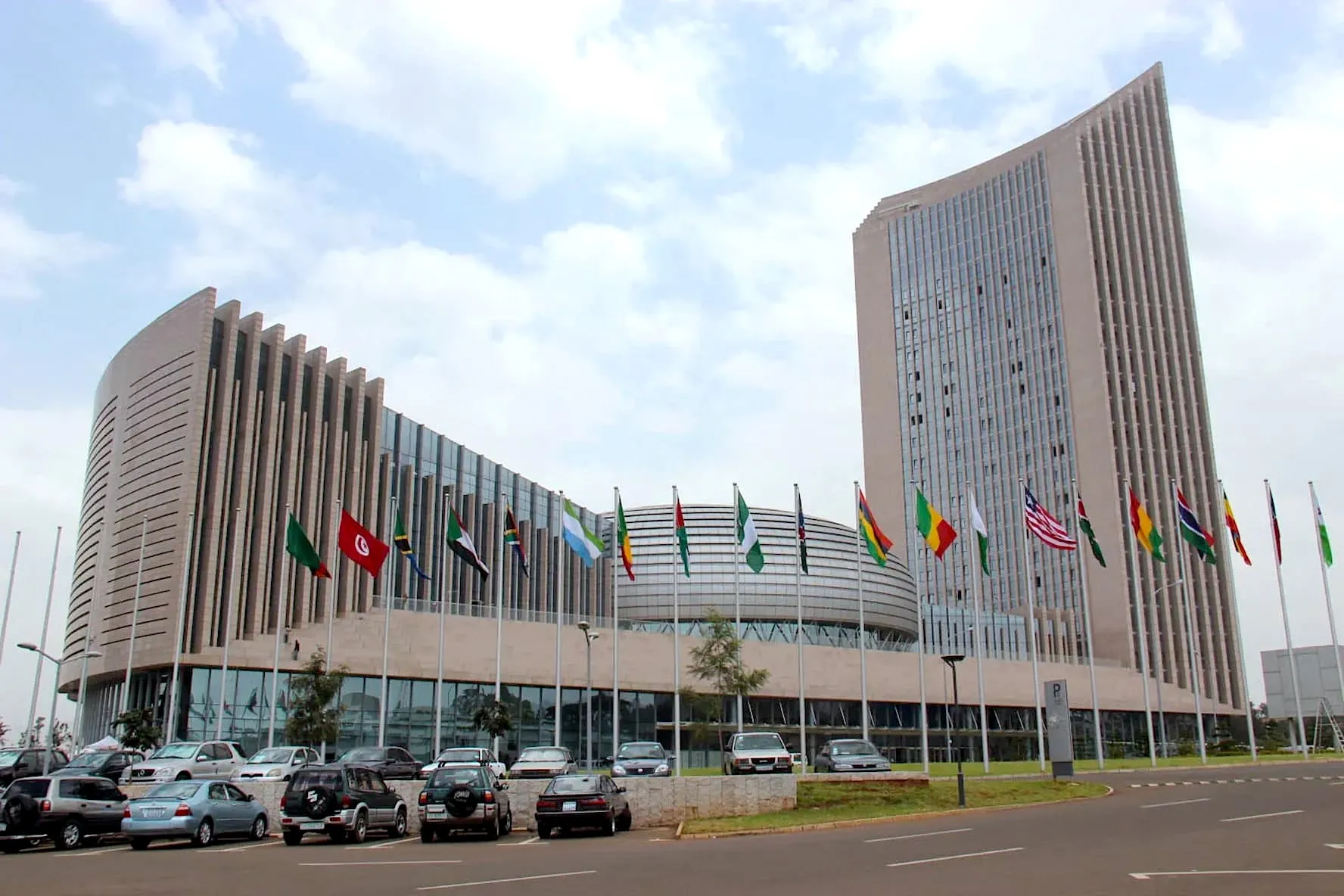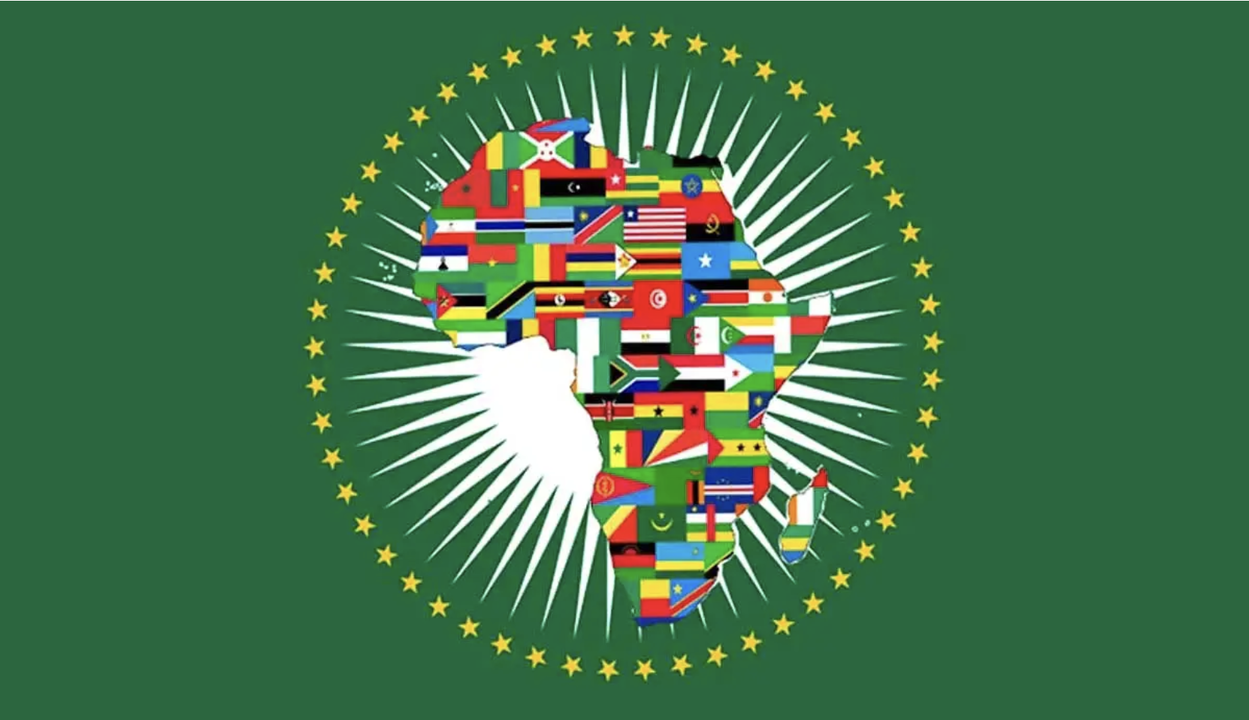In July 2024, the African Union (AU) took a seismic step toward shaping the continent’s technological destiny by approving its Continental AI Strategy. This isn’t just another policy document—it’s a clarion call for Africa to harness artificial intelligence (AI) as a transformative force while safeguarding its people, values, and economies. With AI’s global rise reshaping industries from healthcare to agriculture, Africa is positioning itself not as a bystander but as a proactive player in the digital age.
The AU’s strategy, endorsed by the 55-member Executive Council, is a blueprint for inclusive, ethical, and development-driven AI adoption. It’s built on five pillars: maximizing AI’s benefits, building capacity, minimizing risks, stimulating investment, and fostering cooperation. This isn’t about copying the West’s playbook—Africa’s approach is distinctly people-centric, rooted in the AU’s Agenda 2063 for sustainable development. The strategy demands robust governance, ethical principles, and respect for human rights, ensuring AI doesn’t become a tool for exploitation or division.
Why now? AI’s potential in Africa is staggering. Estimates suggest it could add $1.5 trillion to the continent’s economy by 2030—equivalent to half its current GDP. From AI-powered apps like Nuru in Tanzania, helping farmers detect crop diseases, to machine learning models in South Africa tackling housing inequities, the technology is already making waves. But challenges loom large: limited data infrastructure, regulatory gaps, and the risk of “AI neocolonialism” where foreign tech giants dominate local ecosystems. The AU strategy tackles these head-on, prioritizing African datasets, local innovation, and harmonized data protection laws like the Malabo Convention, ratified in 2023.
Seven African nations—Benin, Egypt, Ghana, Mauritius, Rwanda, Senegal, and Tunisia—have already drafted national AI strategies, with South Africa and Nigeria hot on their heels. Rwanda’s 2023 policy, for instance, aims to make the country Africa’s AI lab, focusing on ethical use and public sector transformation. Kenya’s recent strategy emphasizes stakeholder engagement to ensure local relevance.
These efforts align with the AU’s vision but adapt to each nation’s unique needs, balancing innovation with accountability.
Yet, the road ahead isn’t smooth. Critics warn that overly ambitious timelines, like Zambia’s, risk falling flat without robust infrastructure or local expertise. Others, like tech policy expert Kiito Shilongo, caution against policies crafted without grassroots input, which could exacerbate inequalities or favor Big Tech over local startups. The specter of data exploitation—seen in cases like Worldcoin’s controversial iris-scanning project in Kenya—underscores the need for stringent protections.
The AU’s strategy is a bold first step, but its success hinges on execution. African governments must invest in digital infrastructure, upskill workforces, and engage communities to ensure AI
serves the many, not the few. Regulatory sandboxes, national AI councils, and cross-border collaboration will be critical to fostering innovation while mitigating risks like bias, privacy violations, and job displacement.
Africa stands at a crossroads. The AU’s Continental AI Strategy is a rallying cry to seize AI’s promise while guarding against its perils. By rooting policies in African values and realities, the continent can chart a course toward a digital future that’s equitable, innovative, and unmistakably its own. The world is watching—Africa’s AI revolution has begun.




